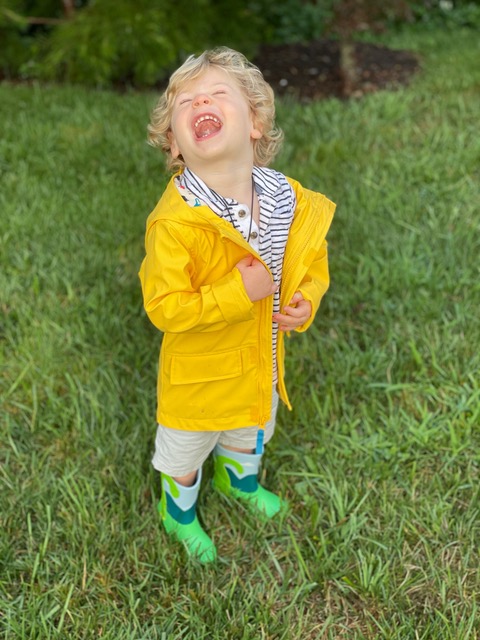I recently read one of my journal entries from May 2021. I had written “The pandemic rules and regulations are changing, becoming less stringent. The world is opening up.” That didn’t last long. After a welcome time of freedom that invited travel, dining out, and other in-person gatherings, the pandemic numbers rose. The guidelines changed—again— reflecting the spread of the Delta variant. The masks we wear can camouflage our grief and disappointment, but there it is.

In addition to the pandemic, there are other local and global challenges that may cause us to be worried, depressed, anxious, or angry. Many students and friends tell me they feel lethargic and unfocused. One friend shared that she was avoiding her yoga practice because she was afraid it would open her up to emotions she was afraid to feel. Another told me she felt guilty about having such a joyful life when so many others were struggling. These are stressful times. I am concerned that we are shutting ourselves down, steeling ourselves for the next disappointment, afraid of feeling our very human emotions.
Although we can work in ways to change external factors, it’s important that we turn our attention to managing our thoughts and accompanying emotions before they take root in our nervous system. Medical experts tell us that over time, continued strain on our body from stress may contribute to serious health problems, such as heart disease, high blood pressure, diabetes, and other illnesses.
Here, then is the medicine I’m prescribing—and it doesn’t come in a bottle: What if we could accept the physical, mental, and emotional predicament of living under stress without wishing it were different? Can we accept our own situation for now exactly as it is? Yes, that means being fully present to life as it is…right…now. For me, that means allowing each bodily feeling, and every thought and emotion to ride its course. According to Jill Bolte Taylor, brain scientist and author of My Stroke of Insight, the physiological effects of an emotion last 90 seconds. The thoughts replay the storyline (pandemic, global warming, family issues) and that starts us up again.
If we accept this “medicine,” how do we proceed? One mental practice that helps me is to recognize that everything, including thoughts and emotions, comes into form and moves on. When I allow sensations to arise and subside, I release the storyline as well. A physical practice of mine is asana; as I move in and out of poses, I accept how the body feels, whether tight or loose. Taking a walk every day, even if I just venture up and down the driveway, can loosen the grip of dark emotions and thoughts. Outside, I plant my feet in the earth, and look up. I open up to a bigger view. How about that night sky?
My friend’s husband, Gene, decided that watching the news in the morning didn’t help his stress one bit. He now sings happy songs at the top of his lungs; “Oh What a Beautiful Morning” is one of his favorites. His wife goes along with this new behavior as long as it occurs after her first cup of coffee. Acceptance.
Adam, still in prison, uses prayer and gratitude. He cleans the bathrooms there for 40 cents a day. He is thankful to have something to occupy his time and mind. Acceptance.
Rebecca reports that she can only contemplate one difficulty a day, whether the devastation caused by the hurricanes, the pandemic, or her own chronic pain. She allows herself a few moments to consider that situation and its accompanying distress, lets herself ride the emotions, and moves on by calling or texting a close friend.
Angie, Paula, and Susan play word games and dance around the kitchen to cheer each other up. Me, too!

My grandnephew David, now two, finds joy in his yellow slicker and rain boots. He looks like a ray of sunshine to me!
I’ll put in a plug for online social gatherings or classes when in-person ones aren’t available. Connection is vital. Please find a way to connect with others, whether you sing your heart out in the shower, wave at your neighbors, walk your dog, pet your cat, or write a letter. Reach out as well as in. Ultimately, we are each responsible for our own wellbeing. That may mean talking to a therapist, changing our habits, taking a prescribed drug, or a natural remedy.
Yes, we can work for peace, show up for neighbors in need, and do what we can to alleviate another’s suffering. However, when we show up for ourselves, we show up for others by being a loving presence in the world. I think that’s a good start. Don’t you?
